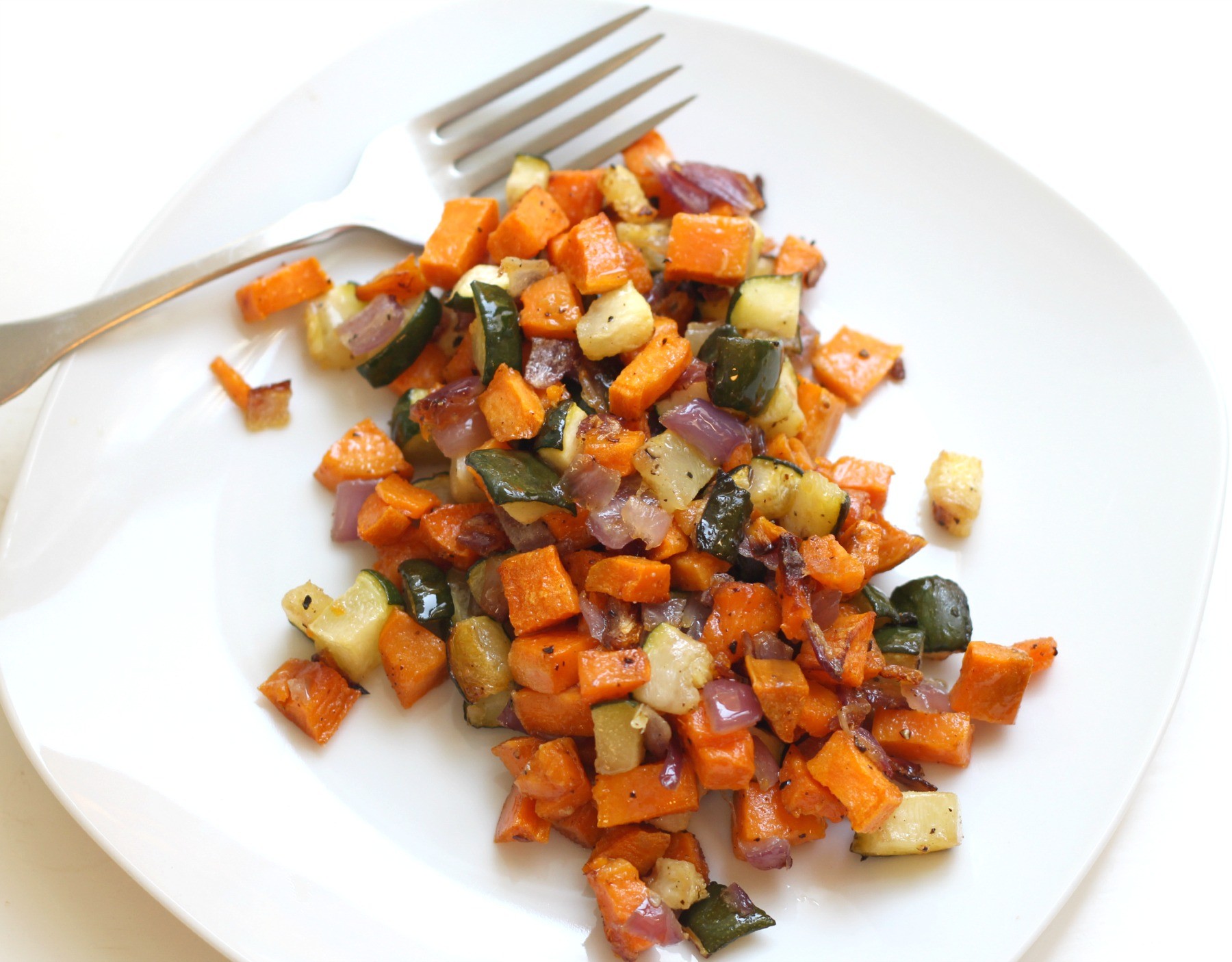

This winter squash is also packed with B vitamins - including folate and B6 - which your body needs for energy and red blood cell formation.

#Butternut squash nutrition free
Vitamin E is another antioxidant in butternut squash that helps protect against free radical damage and may reduce your risk of age-related conditions, such as Alzheimer’s disease (5Trusted Source). Vitamin A is essential for regulating cell growth, eye health, bone health, and immune function.Īdditionally, it’s vital for fetal growth and development, making it an important vitamin for mothers-to-be.īutternut squash is also rich in vitamin C - a water-soluble nutrient needed for immune function, collagen synthesis, wound healing, and tissue repair.īoth vitamins A and C work as potent antioxidants in your body, protecting your cells from damage caused by unstable molecules called free radicals. These compounds are provitamin A carotenoids, meaning your body converts them into retinal and retinoic acid - the active forms of vitamin. It’s also rich in carotenoids - including beta-carotene, beta-cryptoxanthin, and alpha-carotene - which are plant pigments that give butternut squash its bright color. Packed With Vitamins and Mineralsīutternut squash is an excellent source of many vitamins and minerals.Ī one-cup (205-gram) serving of cooked butternut squash provides more than 450% of the RDI for vitamin A and over 50% of the RDI for vitamin C.
/butternut-squash-4e9fa6635c00495d88d4e6e38d83ed79.jpg)
Butternut squash is low in calories but high in many nutrients, including vitamin A, vitamin C, magnesium, and potassium. Vitamin A: 457% of the Reference Daily Intake (RDI)Īs you can see, butternut squash is low in calories but loaded with important nutrients.Īside from the vitamins and minerals listed above, it’s also a good source of calcium, iron, phosphorus, and copper. One cup (205 grams) of cooked butternut squash provides:


 0 kommentar(er)
0 kommentar(er)
